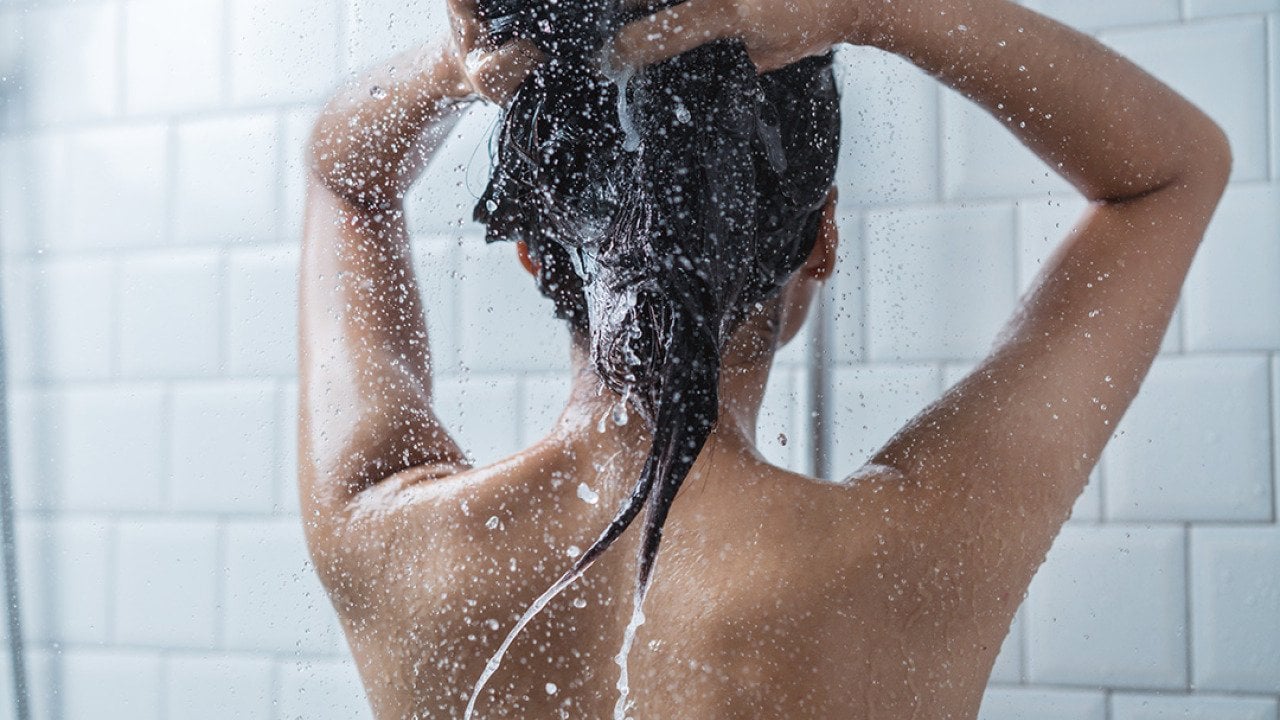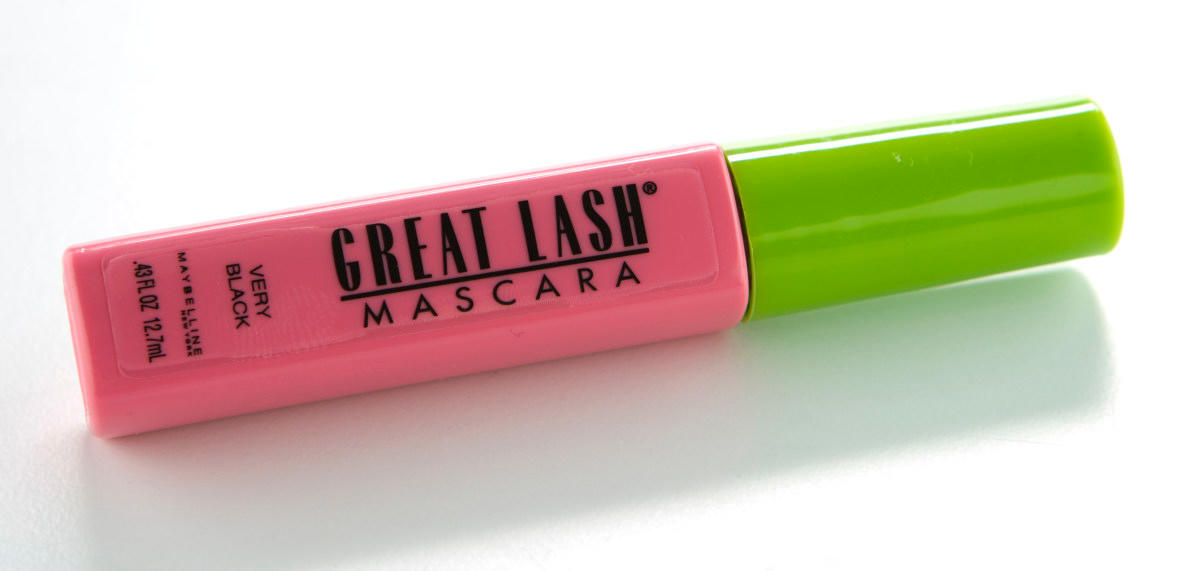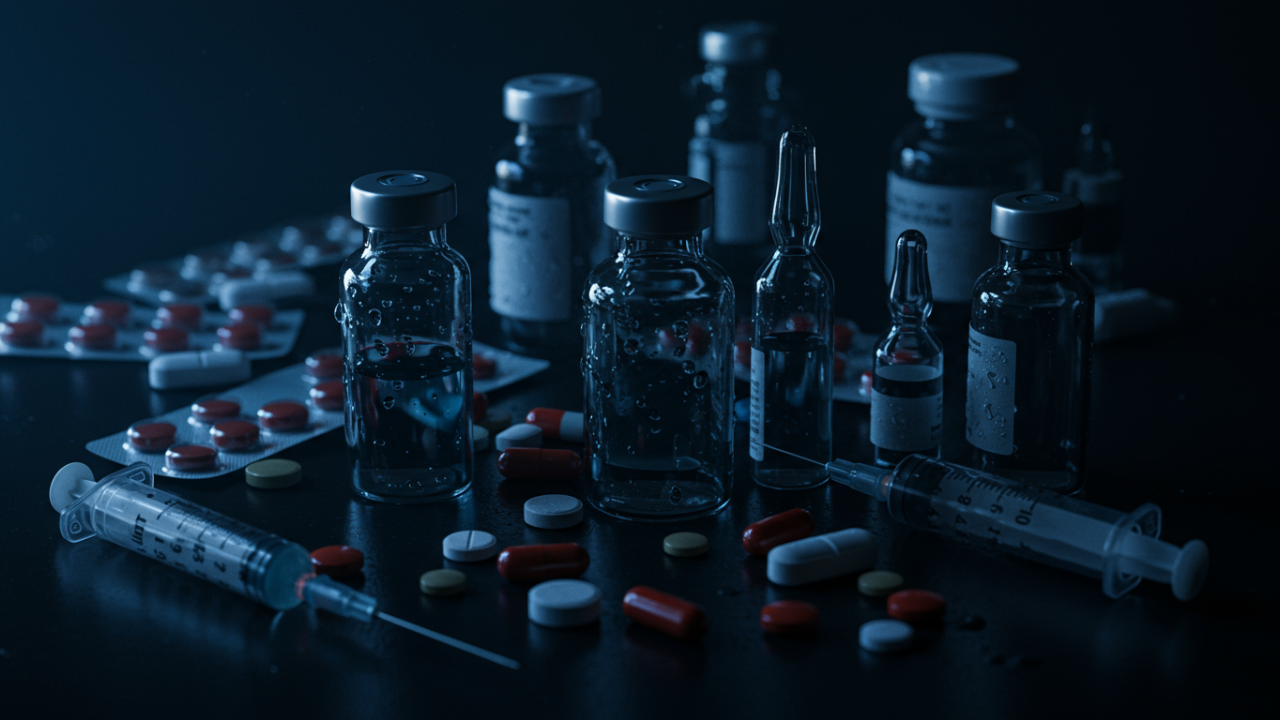Summary
Hers reports on harmful hair care ingredients. Avoid sulfates, parabens, silicones, and certain oils for healthier hair.
Source: News-Press NOW

AI News Q&A (Free Content)
Q1: What are some common shampoo ingredients that might be damaging to hair health?
A1: Common shampoo ingredients that could potentially harm hair health include sulfates, such as sodium lauryl sulfate, which strip hair of natural oils, and parabens, which are preservatives that could disrupt hormonal balances. Silicones can also build up on hair, leading to dullness and breakage.
Q2: How do sulfates in shampoo affect the hair and scalp?
A2: Sulfates are surfactants that help create lather in shampoos, effectively removing dirt and oil. However, they can also strip the scalp and hair of natural oils, leading to dryness, irritation, and potential hair damage over time.
Q3: What are the potential health concerns associated with parabens in hair products?
A3: Parabens are preservatives used in cosmetics and personal care products. They have been linked to endocrine disruption, as they can mimic estrogen in the body, potentially leading to hormonal imbalances and increased risk of certain cancers.
Q4: What alternatives exist for those looking to avoid harmful shampoo ingredients?
A4: Alternatives include using shampoos labeled as sulfate-free or paraben-free. Additionally, some individuals opt for natural or organic shampoos that use plant-based ingredients. Water-only hair washing or using non-commercial products like baking soda or vinegar are also alternatives.
Q5: What recent advancements have been made in predicting the safety of cosmetic ingredients?
A5: Recent advancements include the development of machine learning-based frameworks, like the Halal Cosmetic Knowledge Graph (HaCKG), which predicts the safety and appropriateness of cosmetic ingredients by modeling their relationships within a knowledge graph.
Q6: Why might silicones be considered harmful in hair care products?
A6: Silicones can create a waterproof layer on hair, which might lead to buildup over time. This buildup can prevent moisture from penetrating the hair shaft, resulting in dryness, dullness, and breakage. Some silicones are also non-biodegradable, raising environmental concerns.
Q7: How has the regulation of cosmetic ingredients evolved over time?
A7: The regulation of cosmetic ingredients has evolved with increased consumer awareness and scientific research. While the European Union has stringent regulations on cosmetics, the United States does not require FDA approval for cosmetic products, though marketed products are monitored for safety. This has led to varying safety standards across regions.
References:
- Shampoo - Wikipedia
- Cosmetics - Wikipedia
- Halal or Not: Knowledge Graph Completion for Predicting Cultural Appropriateness of Daily Products





